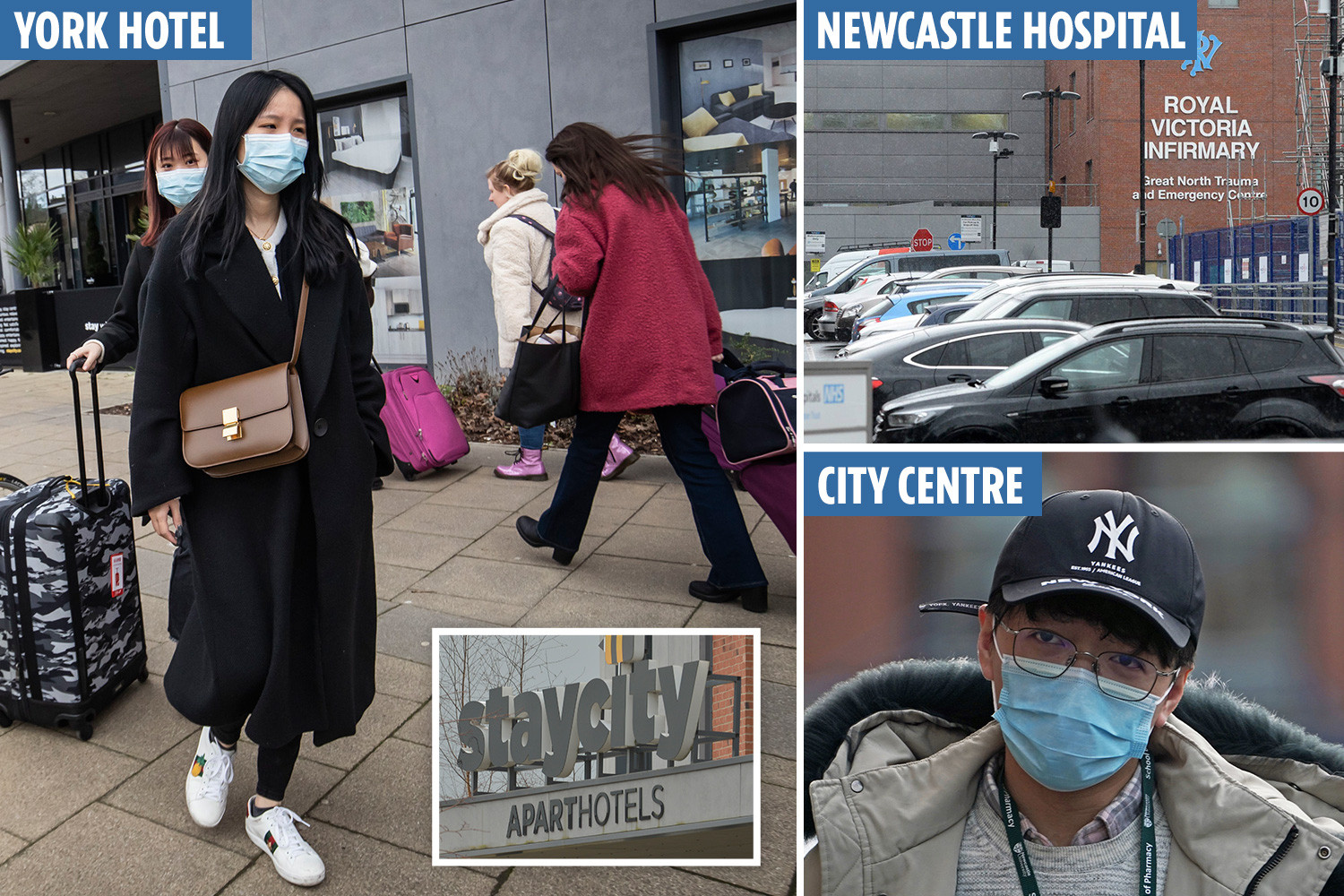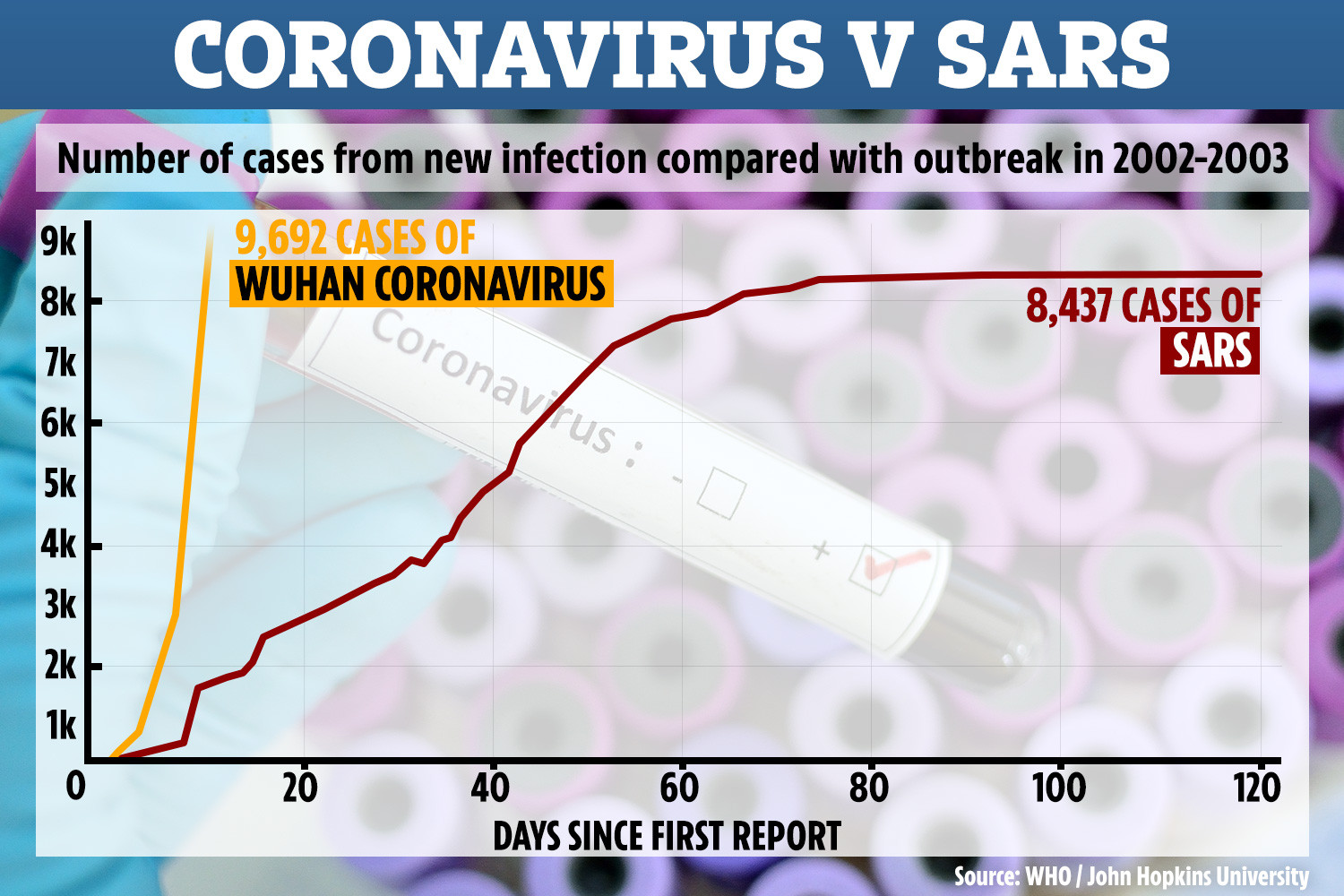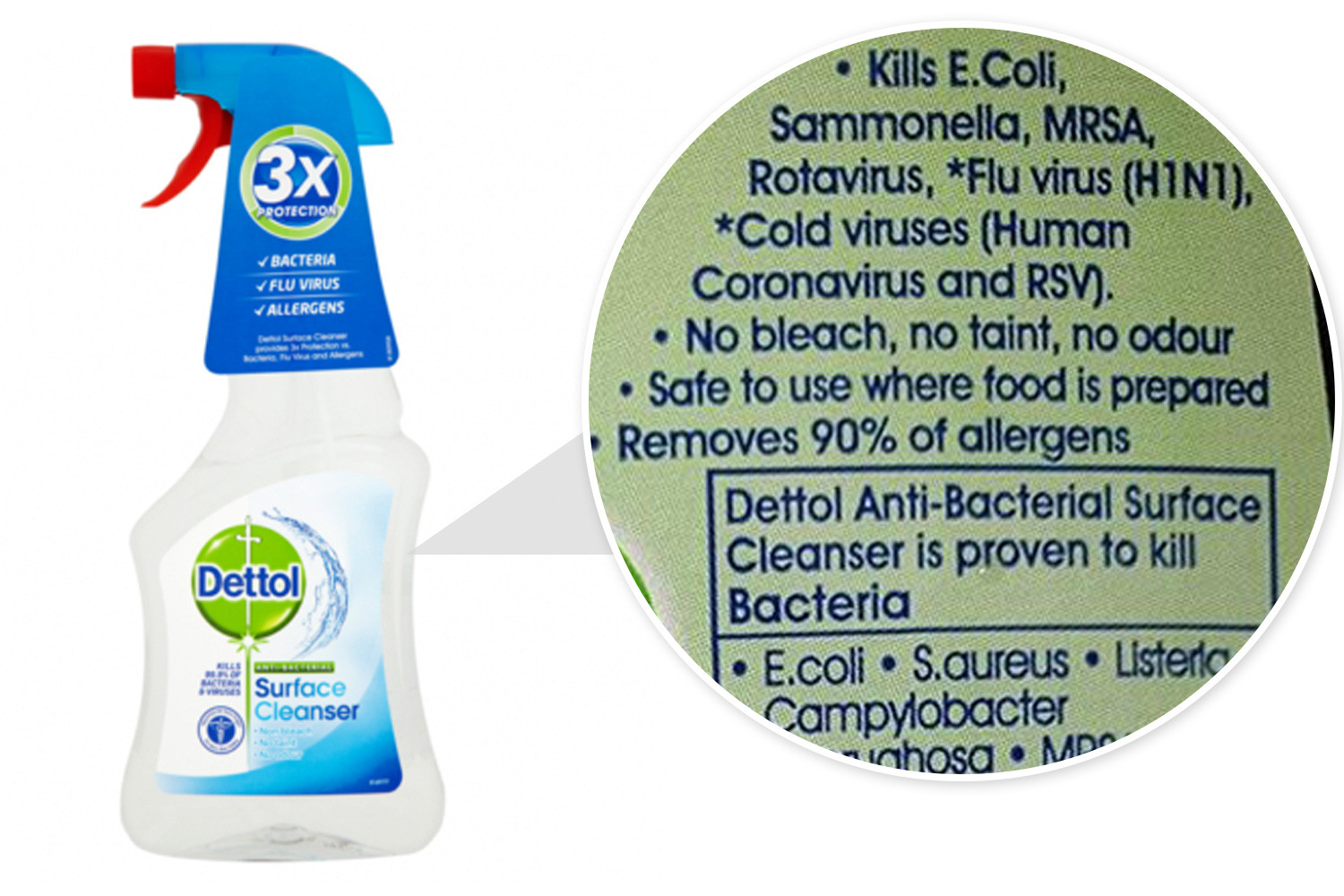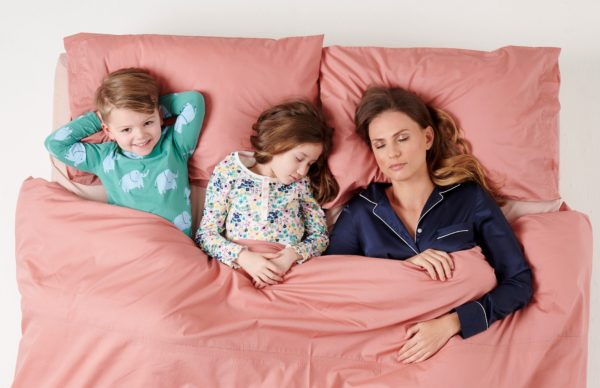
It also reduces stress and improves your mood, concentration and creativity.
Unfortunately, a huge 16 million of us suffer sleepless nights, with a third saying they have insomnia.
Studies also show that 25 per cent of children suffer from poor sleep, and this may contribute to serious problems with classroom conduct, their educational success as well as long-term mental health.
All this week we will bring you Rob’s exclusive B.E.D. plan (Behaviour, Environment and Diet) aimed at overhauling your sleep routine.
Rob says: “After years of struggling with insomnia, I became particularly interested in researching the different approaches to achieving the best possible sleep.
“And one of the best pieces of advice I can give you is that one size never fits all. Sleep issues are complicated, encompassing many areas of health.
“By working through my three core principles of sleep — Behaviour, Environment and Diet — you will address many of the basic areas of sleep hygiene that can help you on the way to achieving the sleep of your dreams.”
Rob believes that everything you do during the day can affect the way you sleep.
The principles of B.E.D. cover everything from how you spend your time in the evening (Behaviour), what your bedroom looks like (Environment) and the food you choose to eat (Diet).
On average, we spend around a third of our lives asleep.
The recommended amount of kip for adults is between seven and nine hours each night but this may differ depending on your age, sex, health and other factors.
Before teenage years, children generally require more sleep, which helps to support growth and development.
So how much shut-eye do you actually need?:
BABIES: Young infants need around 11 hours of sleep at night and approximately two-and-a-half hours during the day.
PRE-SCHOOLERS: Under-fives require 11-and-a-half hours at night and a daytime nap of around one hour and 30 minutes.
PRIMARY-AGED CHILDREN: Up to 12 years, kids need between nine-and-a-half hours and 11 hours.
TEENAGERS: Nine hours.
ADULTS: From the age of 20 upwards, we need between seven and nine hours.
OAPs: Sleep requirement reduces in advancing years to between seven and eight hours.
WILL COUNTING SHEEP SEE YOU DRIFTING OFF?
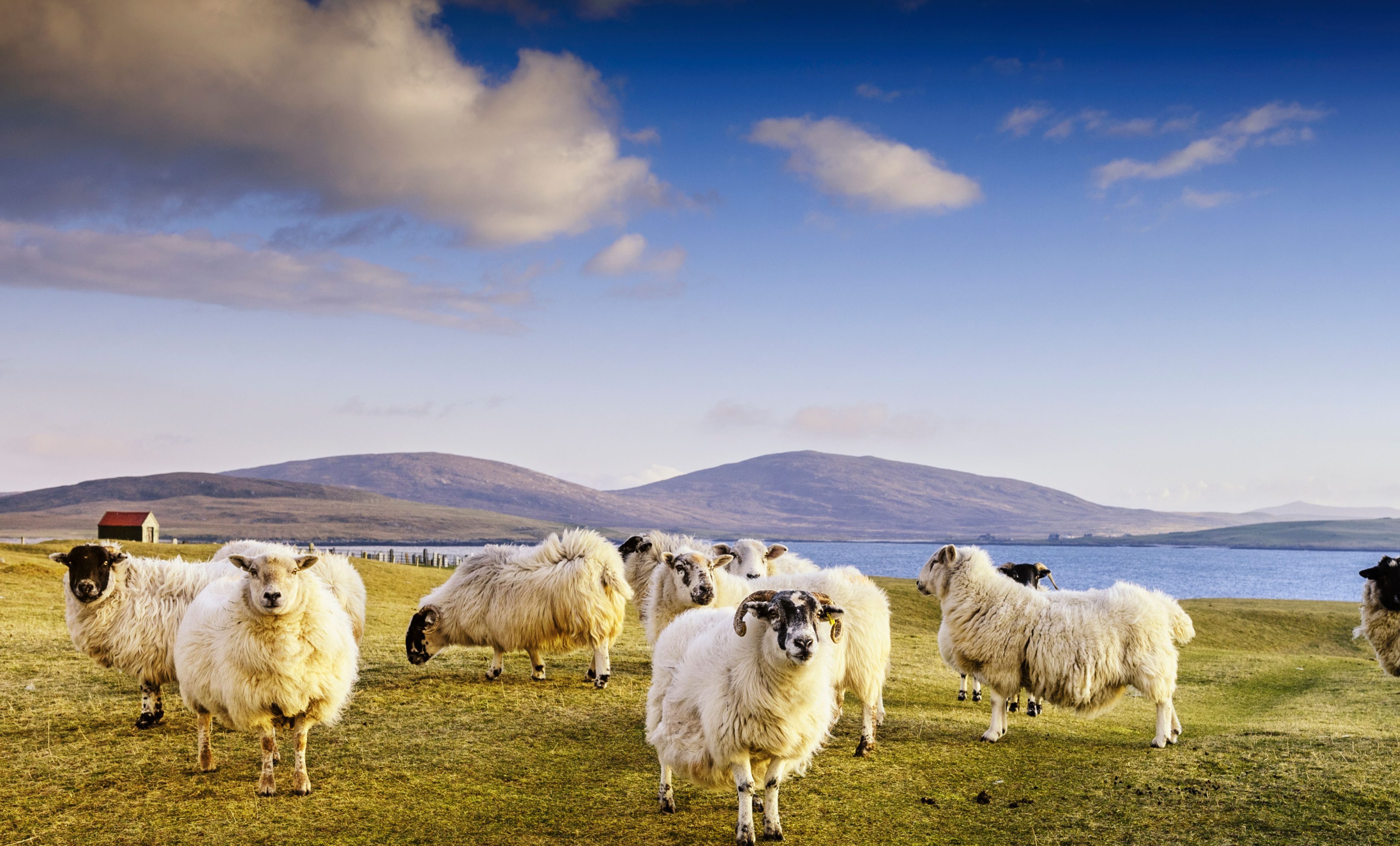
WARM MILK AND HONEY CAN HELP YOU SLEEP: Given that milk is a source of the sleep-inducing amino acid tryptophan and honey is a quickly digested carbohydrate, it makes sense that this combination may help you nod off.
CHEESE GIVES YOU NIGHTMARES: Cheese contains an amino acid called tyramine, which is a common trigger for migraines. It also triggers the release of a hormone called norepinephrine that can stimulate the brain. Both these factors may inhibit sleep.
COUNTING SHEEP: With this trick for dozing off, it does not matter what you count. If it is sheep jumping over a fence, it is the visualisation aspect that is important. Focusing on that can help distract you from thinking – and the repetition will hopefully lull you to sleep in double-quick time.
TAKE A WARM BATH: A warm soak in the tub will ensure that your body experiences rapid cool-down afterwards, which will make you feel sleepy.
WEAR SOCKS: The additional layer can improve circulation in the feet, which might mean you drop off quicker.
MOST READ IN HEALTH
First-time mum shares genius hack to send her ‘clingy’ baby to sleep in minutes
- GOT a story? RING The Sun on 0207 782 4104 or WHATSAPP on 07423720250 or EMAIL exclusive@the-sun.co.uk


